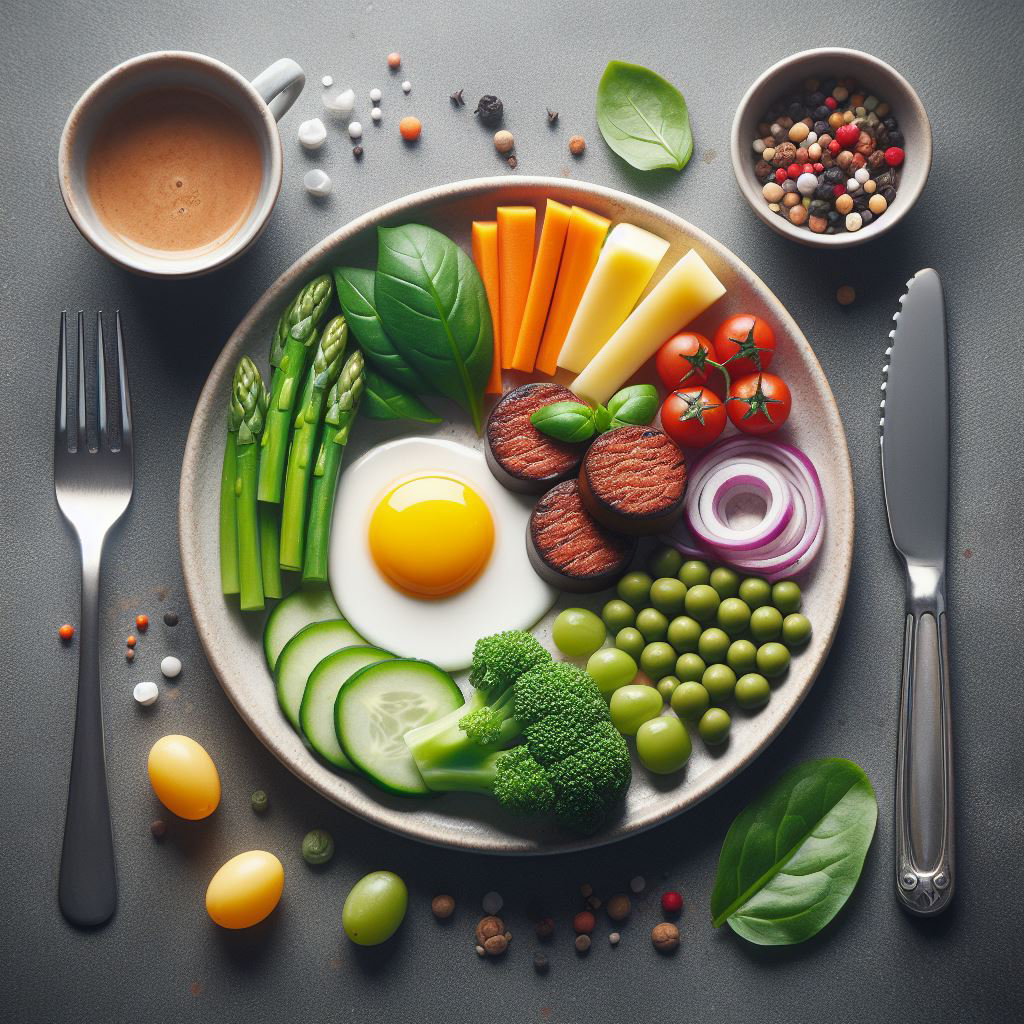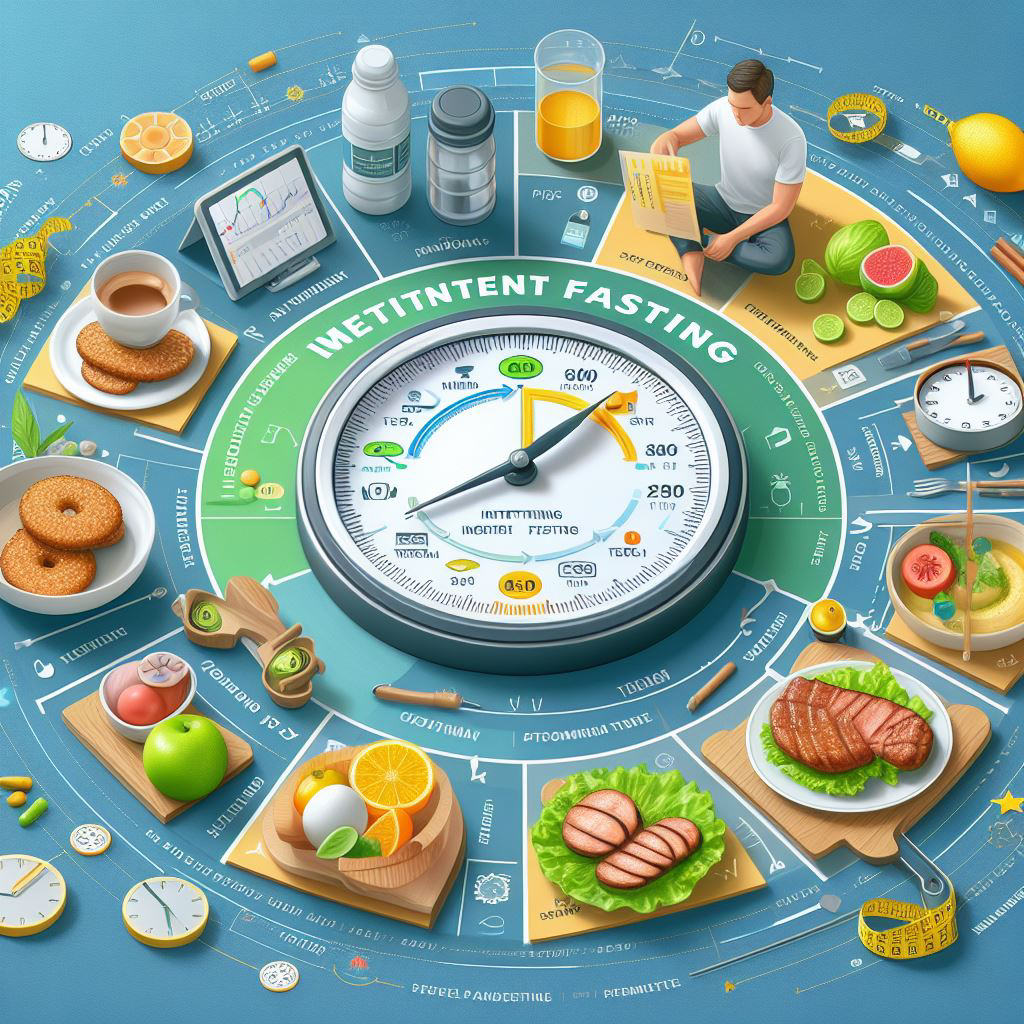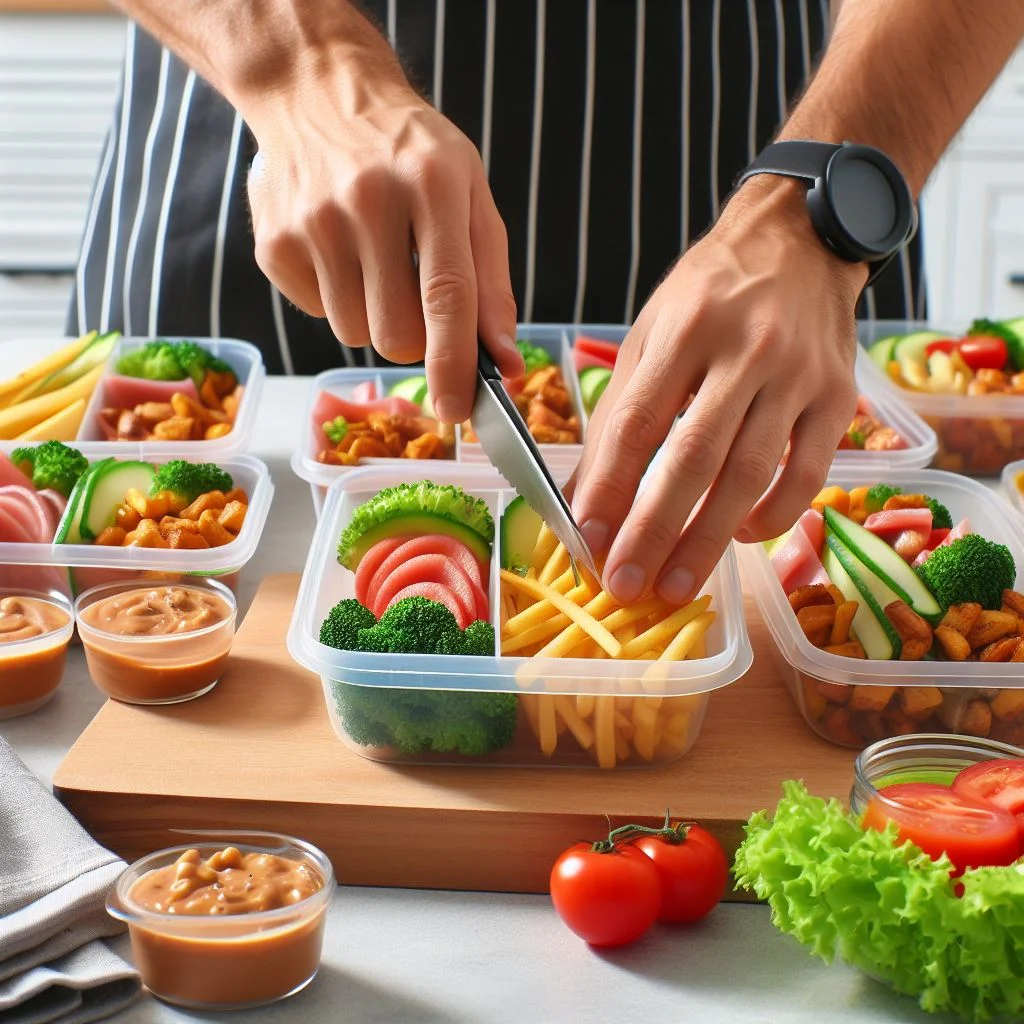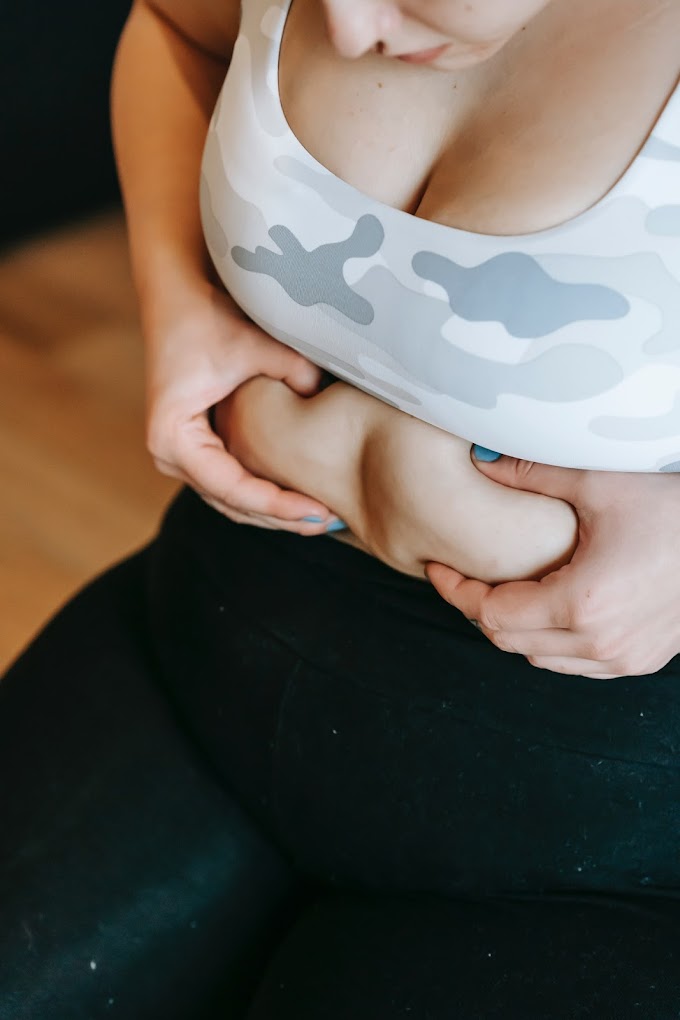But how many of these popular tips are actually grounded in scientific evidence?
In this blog post, we'll take a critical look at various weight loss strategies and separate fact from fiction, with the help of a doctor's expertise.


Black Coffee Boosts Metabolism
One common tip suggests drinking black coffee to boost metabolism. According to the doctor, while caffeine is a stimulant and could potentially increase your metabolic rate, the real benefit of black coffee lies in its calorie-free nature.By avoiding excess calories from sugar, milk, and creamers, black coffee can support your fasting periods if you practice intermittent fasting.


Mirrors at the Dining Table
A peculiar piece of advice recommends hanging a mirror in front of your dining table, as studies suggest that watching yourself eat can reduce food consumption.However, the doctor firmly disagrees with this approach, as it could promote an unhealthy relationship with food and body image.
Use Smaller Plates and Bowls
This tip is a winner in the doctor's eyes. Using smaller plates and bowls is a simple yet effective optical trick to help you achieve a sense of fullness with smaller portions.It's a benign strategy that can aid in portion control and address the common issue of overeating without realizing it.


Intermittent Fasting
Intermittent fasting, the practice of restricting your eating to a specific window of time each day, is a controversial topic.The doctor acknowledges that for some individuals, like himself, intermittent fasting can be an effective way to reduce calorie intake and promote weight loss.
However, it's not a one-size-fits-all solution, as some people may develop disordered eating habits with this approach.


Whey Protein Powder
While whey protein powder is often touted as a weight loss aid, the doctor is hesitant to recommend it.Instead, he emphasizes the importance of obtaining protein from nutrient-rich whole foods like tuna and salmon, which provide additional benefits like omega-3 fatty acids.
Chew More Slowly
Slowing down your eating pace is a simple yet effective strategy for weight management.The doctor suggests thoroughly chewing your food, as this allows your brain ample time to register feelings of fullness and satiety, preventing overeating.


Spoil Food You Don't Need
One piece of advice that the doctor strongly condemns is the suggestion to spoil or ruin leftover food you don't need to eat.Not only does this promote disordered eating patterns, but it also contributes to food waste, which is a significant problem, especially during times like the COVID-19 pandemic.
Drink Green Tea
The doctor is a big fan of green tea, as it's loaded with powerful antioxidants and can potentially enhance fat burning when combined with caffeine.However, he cautions against falling for exaggerated claims made by supplement companies about green tea's ability to magically burn fat.


Interval Training
High-intensity interval training (HIIT) is the doctor's favorite exercise recommendation for weight loss.This type of workout, which involves short bursts of intense exercise followed by periods of lower-intensity activity, not only promotes fat loss and muscle building but also improves heart rate variability, a key indicator of cardiovascular health.


Accept Feeling of Hunger
One weight loss tip the doctor vehemently disagrees with is the notion that you must "accept the feeling of being hungry" to lose weight.Instead, he advocates for intuitive eating, where you listen to your body's hunger and fullness cues, eating only until satiated but not overly full.
Lift Weights Instead of Just Cardio
While the advice to lift weights instead of just doing cardio is oversimplified, the doctor acknowledges the merit in this concept.He recommends combining both weight training and cardiovascular exercise for a comprehensive fitness routine that targets different aspects of health, including fat loss, muscle building, and heart health.


Snack Often
The idea that snacking frequently can prevent a metabolic slowdown has largely been debunked by modern science, according to the doctor.While grazing or frequent snacking could be an option for some individuals who monitor their caloric intake and food quality, it is not a mandatory path to success.
The key is finding an eating pattern that suits your individual goals and preferences.
Drink Water Before Meals
While drinking water before meals won't magically boost weight loss, staying well-hydrated offers several benefits.Consuming water prior to a meal can help stretch your stomach, reducing the likelihood of overeating.
Additionally, the process of water-induced thermogenesis, where your body expends energy to warm up the water to body temperature, can contribute to a slight calorie burn.


Meal Prepping
Meal prepping is a strategy the doctor wholeheartedly endorses.By planning and preparing your meals in advance, you gain control over the types of foods and ingredients you consume, making healthier choices more accessible.
Meal prepping also helps avoid the temptation of ordering takeout when fatigue strikes, a common pitfall for many.


Diet vs Exercise for Weight Loss
While exercise is undoubtedly beneficial for overall health and can aid in weight loss, the doctor emphasizes that diet plays the most crucial role in the weight loss equation.It's possible to lose weight without adjusting your exercise routine, provided you focus on creating a calorie deficit through a balanced and nutritious diet.
Closing Remarks
As you navigate the overwhelming sea of weight loss advice, it's essential to separate fact from fiction and adopt strategies backed by scientific evidence.Remember, every individual's journey is unique, and what works for one person may not work for another.
Stay informed, listen to your body, and embrace a holistic approach that prioritizes both physical and mental well-being.




.jpg)
0 Comments